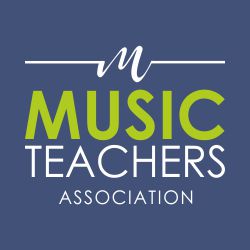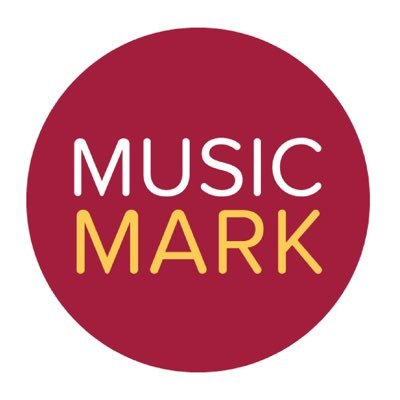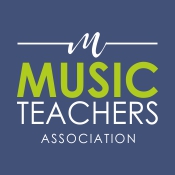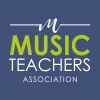This statement was first published exclusively by TES online, on Thursday 6th January, 2022.
Individually and together (including with the ISM through the #CanDoMusic campaign), Music Mark and the Music Teachers’ Association (MTA) have worked hard to provide training, resources and guidance across the UK for over eighteen months, helping music teachers to find innovative ways to ensure children and young people have access to this important subject despite the ongoing challenges faced with the pandemic in schools. With the new term starting this week, however, there is real concern that music is at risk again. We have spoken to TES about our concerns.
The DfE case study written by the Ofqual Chair, Ian Bauckham, (reported in the TES here) suggesting that with potential staff shortages due to the new Omicron variant some subjects could be suspended, is short-sighted and inappropriate. The good-natured intention to support schools is undermined by a recommendation that music, and other subjects, should be removed from the curriculum at a time when pupils both need and want this to continue.
Rather than reinforcing a perceived hierarchy of subjects, state schools have a statutory duty to deliver a full curriculum, including music, up to the end of Key Stage 3. The Department for Education’s Model Music Curriculum, published in March 2021, states that ‘The sheer joy of music making can feed the soul of a school community, enriching each student while strengthening the shared bonds of support and trust which make a great school’. Ofsted have made their expectation clear that schools must provide a broad and balanced curriculum and many industries have identified the creative subjects as important for the ongoing skills market needed in this country. UK Music have made numerous statements over the past few years on the value of the Music Industry to ‘UK Plc’ – its Music By Numbers report in 2020 stated that there are nearly two million jobs in the industry and an annual contribution to the UK economy (pre Covid) of c. £5.8bn.
Jointly representing over 5,000 music teachers who work in schools, the MTA and Music Mark reject Mr Bauckham’s suggestion as misguided. Music must remain a subject of study in schools regardless of the challenges with staffing.
Don Gillthorpe, President of the MTA said: “There is understandable anger and incredulity amongst the music education community about this insensitive and badly-judged statement. Decisions on risk assessments and contingency measures are made at a local level by individual Head Teachers, but such a proposal from a respected voice will, unfortunately, be noticed and emulated. Music is part of pupils’ entitlement to a broad and balanced curriculum and the pandemic does not alter this; we must encourage schools to find solutions to these challenges which protects access to the full breadth of subjects.
Bridget Whyte, CEO of the UK Association for Music Education -Music Mark added: “For anyone to even suggest the idea that music should be sacrificed is both outside the scope of providing a broad and balanced education and short-sighted when it has so many benefits to pupil health and wellbeing. This ongoing perception of a hierarchy of subjects is unhelpful when creativity is a vital skill for the future.”




